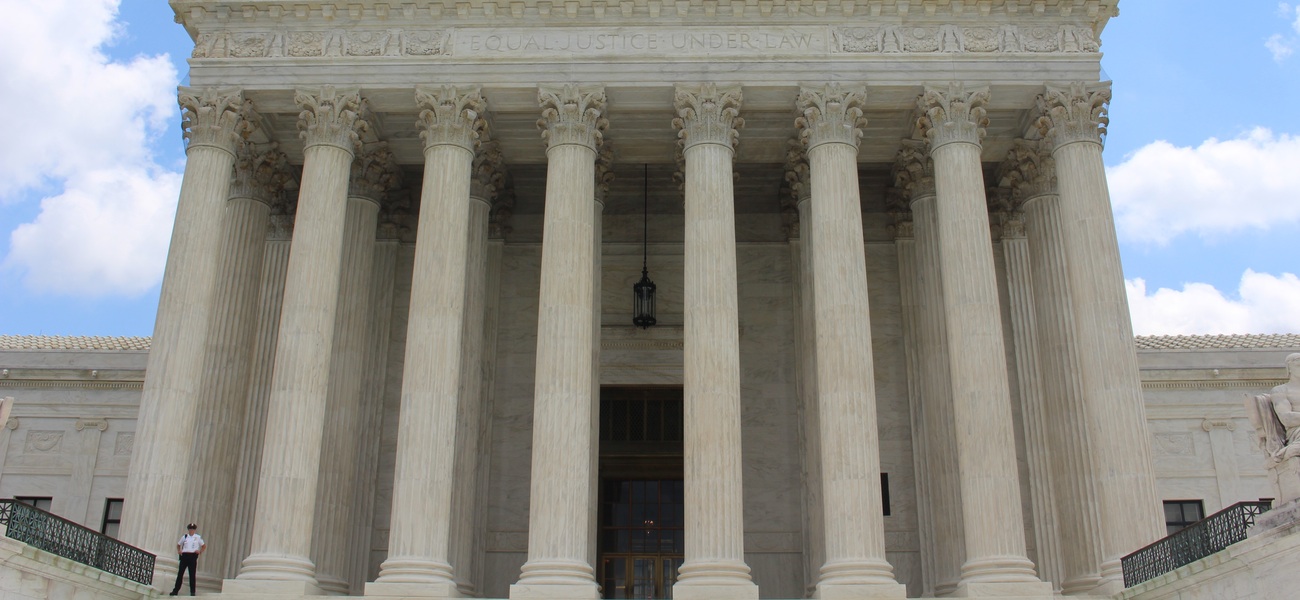
On March 30, 2016, the Department of Justice announced the launch of 10 regional Elder Justice Task Forces. Teams consisting of federal, state and local prosecutors, law enforcement, and agencies that provide elderly services will coordinate with the purpose of enhancing efforts to pursue nursing homes that “provide grossly substandard care to their residents.”
Acting Associate Attorney General Stuart F. Delery stated that it’s becoming more common to find nursing home operators and owners putting their own economic gain ahead of the residents’ needs. The purpose behind the task forces is to ensure the protection of the elderly. The desire for economic gain in this environment leads to understaffed nursing homes, lack of the quality care and attention residents deserve and higher levels of abuse and neglect. With one in ten elderly people abused each year in nursing homes, it is encouraging to see the DOJ working hard to change this.
“The Department of Justice has a long history of holding nursing homes and long-term care providers accountable when they fail to provide their Medicare and Medicaid residents with even the most basic nursing services to which they were entitled,” said Principal Deputy Assistant Attorney General Benjamin C. Mizer, head of the Justice Department’s Civil Division.
In 2014, the federal government and eight states settled with Extendicare Health Services Inc. – and its subsidiary Progressive Step Corporation – to resolve allegations that Extendicare billed Medicare and Medicaid for materially substandard nursing services that were so deficient that they were effectively worthless, and also billed Medicare for medically unreasonable and unnecessary rehabilitation therapy services. Extendicare was required to pay $38 million back to taxpayers, and had to enter a 5-year company-wide integrity agreement, which required them to hire an Independent Quality Monitor to oversee the quality of its care.
The belief is that by putting together the Elder Justice Task Force, nursing home residents will be provided better care, and agencies will have more tools and resources to address complaints about nursing home or other long term care providers. Creating this objective also sends a message to those in charge of caring for the beneficiaries, says Chief Counsel to the Inspector General Gregory Demske of the U.S. Department of Health and Human Services. “Grossly substandard care will not be tolerated,” he said.
The Department of Justice provides a great online resource for anyone who wants to get information on the Elder Justice Initiative. The Elder Justice Initiative serves as a resource for victims of elder abuse and financial exploitation and their families; practitioners who serve them; law enforcement agencies and prosecutors; and researchers seeking to understand and address this silent epidemic plaguing our nation’s elders.
Please feel free to contact Dansky|Katz|Ringold if you have questions, concerns or need more information regarding different types of nursing home abuse.

One thought on “Regional Elder Justice Task Forces Launched by DOJ”
Comments are closed.